If you want to promote strong bones in your body, then two nutrients are key: calcium and vitamin D. Calcium supports your bones and teeth structure while vitamin D is responsible for improving calcium absorption and bone growth. Very important in early, these nutrients continue to be beneficial as a person ages. They are key for the prevention and treatment of osteoporosis a disease which results in brittle and breaking bones.
Increased intake of these nutrients may slow its progress and prevent fractures from occurring. It is recommended that adults up to the age of 50 should get 1,000 milligrams of calcium and 200 international units (IUs) of vitamin D a day. Adults over the age of 50 should get 1,200 milligrams of calcium and 400 to 600 IUs of vitamin D. Here are 11 foods that will help you to get the required amounts.
1. Yogurt

The primary source for vitamin D is sunlight but some people don’t get enough exposure and must therefore rely on alternatives. Some foods like yogurt are fortified with vitamin D and with its dairy content, also is a good source of calcium. Make sure to check the brand of yogurt you are buying as some, like the protein-packed Greek yogurts, contain less calcium and little to no vitamin D.
2. Milk

Milk is the go-to for calcium in take and there’s a reason why. If you have just eight ounces of fat-free milk, you have essentially consumed 30% of your daily calcium requirement. Consider a milk fortified with vitamin and gain double the benefits. There are many ways to incorporate milk into your daily food intake. If you aren’t able to drink 3 glasses, then you could blend it in with a smooth or into a sauce.
Contents
3. Cheese
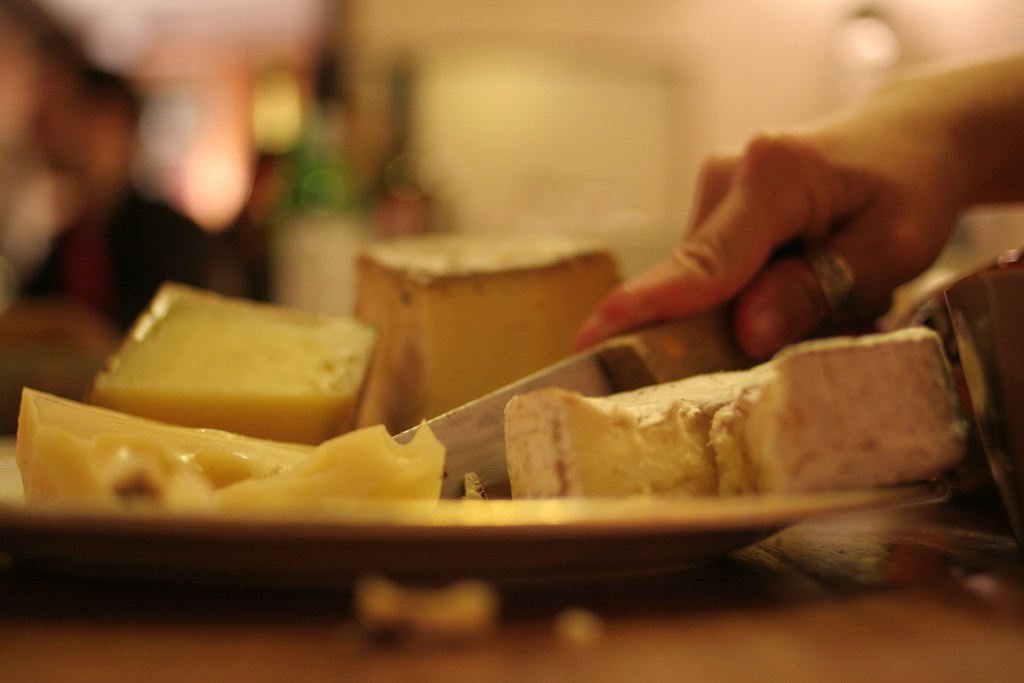
Cheese is packed full of calcium. I mean, that fairly obvious, considering thatmost cheeses are milk by-products. Cheese should be eaten in moderation though as it can cause you to gain weight. To be honest, you don’t need a lot of cheese to fulfill your calcium requirement. Just 1ml.5 ounces of cheese contains more that the 30% daily value. Most cheese also contain a small quantity of vitamin D but it is often a bare minimum.
4. Sardines
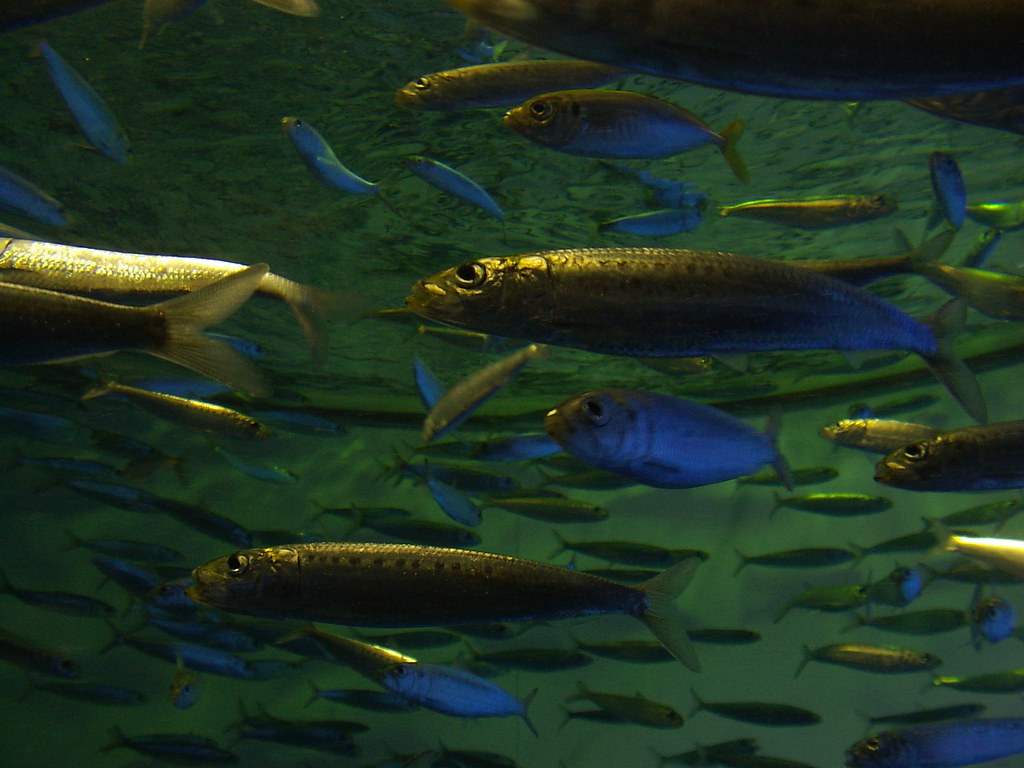
Containing both vitamin D and calcium at high levels, sardines are a good choice to cover both bases. These tiny canned fish have quite the savoury taste and can be eaten as a light snack or in pastas and salads.
5.Eggs
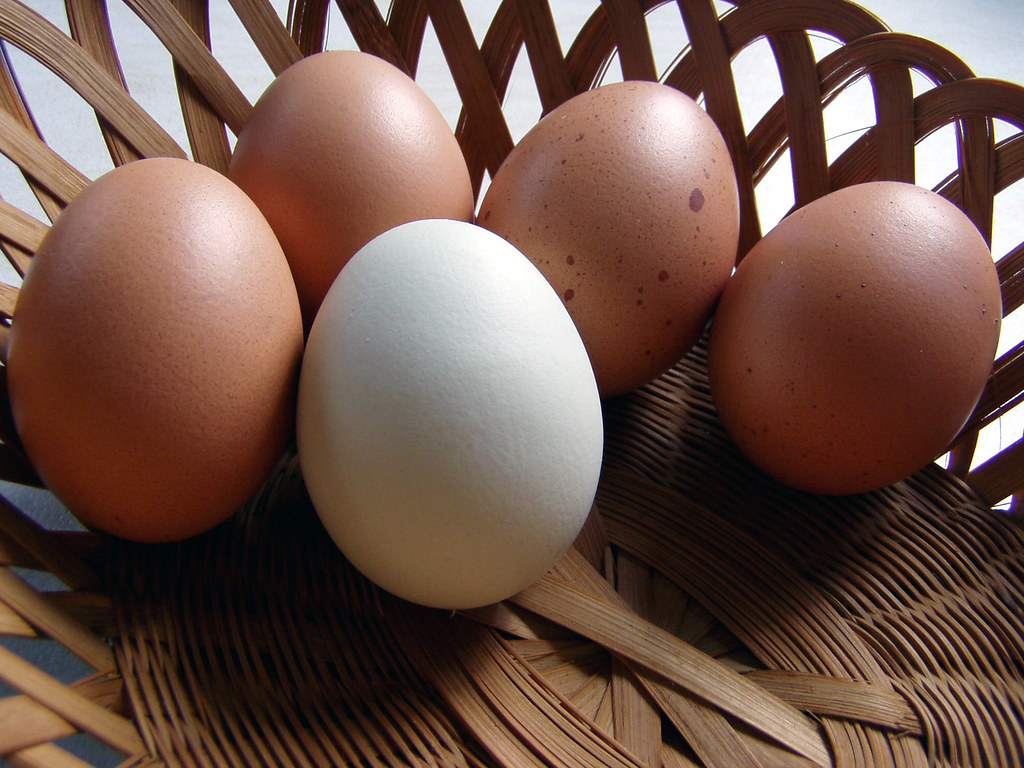 Eggs are a quick and easy way to get vitamin D but you can’t just settle for the egg whites only. While they may cut calories, the vitamin D is found in the yoke. So make sure to eat the whole egg. Eggs contain only 6% of your daily vitamin D requirement but they are very tasty.
Eggs are a quick and easy way to get vitamin D but you can’t just settle for the egg whites only. While they may cut calories, the vitamin D is found in the yoke. So make sure to eat the whole egg. Eggs contain only 6% of your daily vitamin D requirement but they are very tasty.
6. Salmon
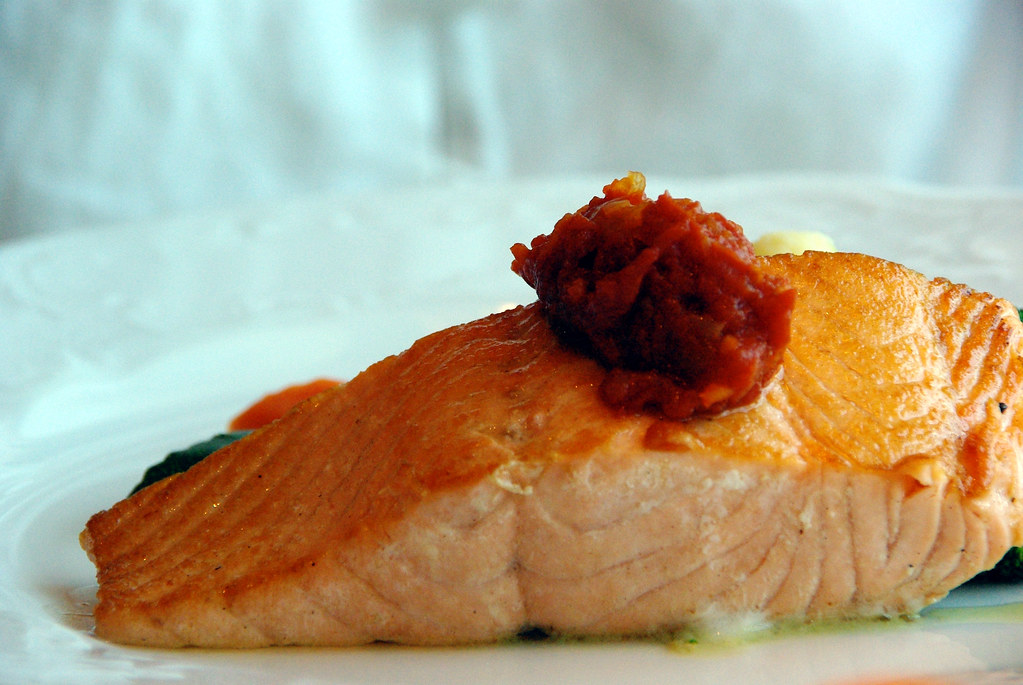
Usually known for its content of omega-3 fatty acids which are great for heart health, this fatty fish really packs a punch when it comes to vitamin D content too. Just on piece of sockeye salmon contains more than 100% of your vitamin D requirement. Imagine that! Your heart and bones will be much better off after you have eaten some salmon.
7. Spinach
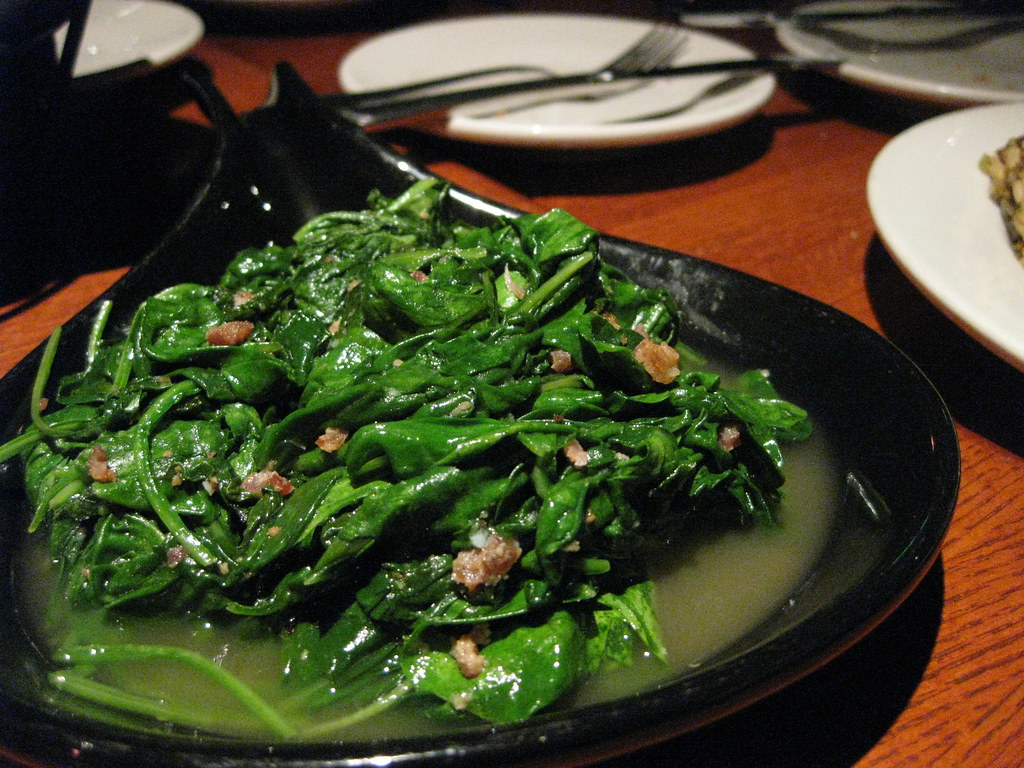
Spinach is a great alternative to daily for those who ate lactose-intolerant or just to avoid dairy. Eating one cup of cooked spinach will provide you with 25% of your daily calcium as well as fiber, iron and vitamin A. How great is that!
8. Fortified cereal
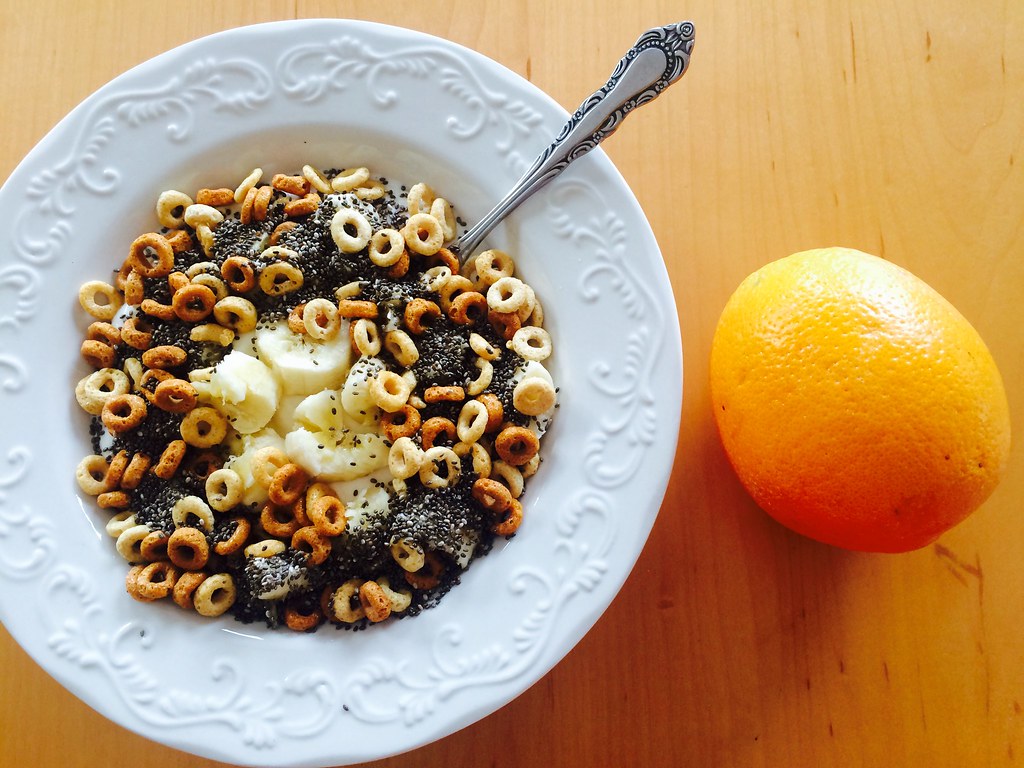
There are some cereals, such as Kashi U Black Currants and Walnuts, Total Whole Grain, and Wheaties, which will provide you with up to 25% of your daily vitamin D. This is a great option if you don’t have time to prepare salmon or if you don’t get enough exposure to sunlight. Just fill a bowl with one of these fortified cereals to get your vitamin D.
9. Tuna

Another fatty fish and a good source of vitamin D is tuna. While not as potent as salmon, you will still get a good chunk of your vitamin D requirement from tuna. Three ounces of canned tuna contains 154 international units or approximately 39% of your daily dose of vitamin D.
10. Collard greens
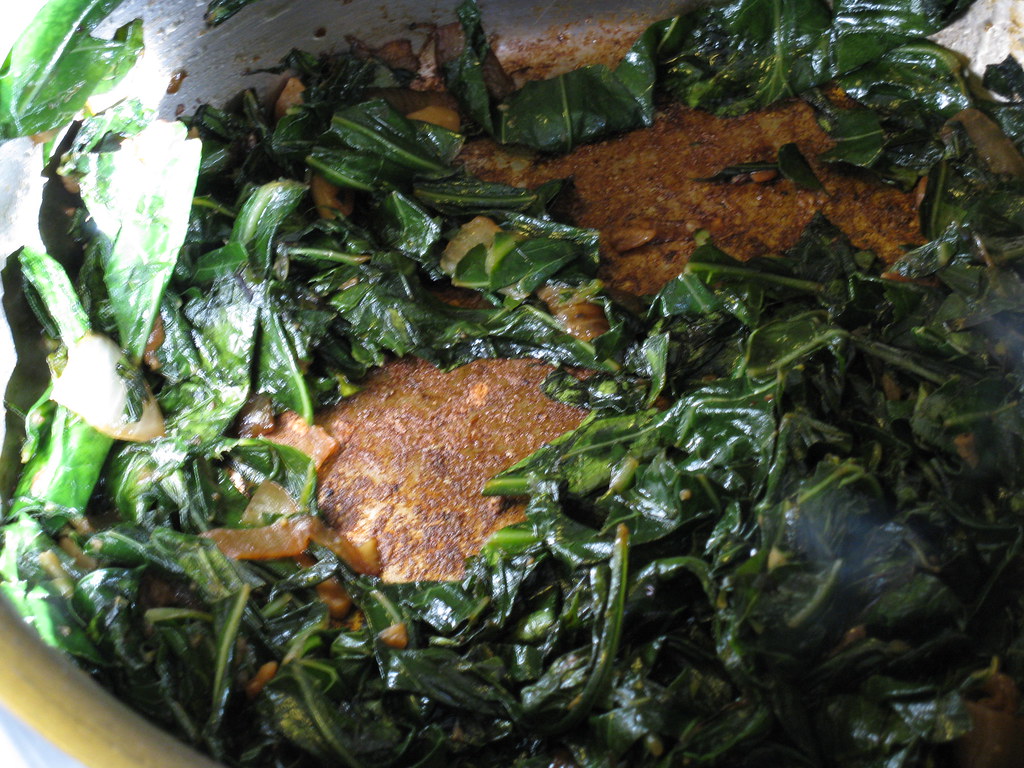
Collard greens, like spinach and infamous in the southern United States, are a good source of calcium. Containing more than 25 % of your daily calcium, collard greens are easily added to your favourite foods.
11. Orange juice
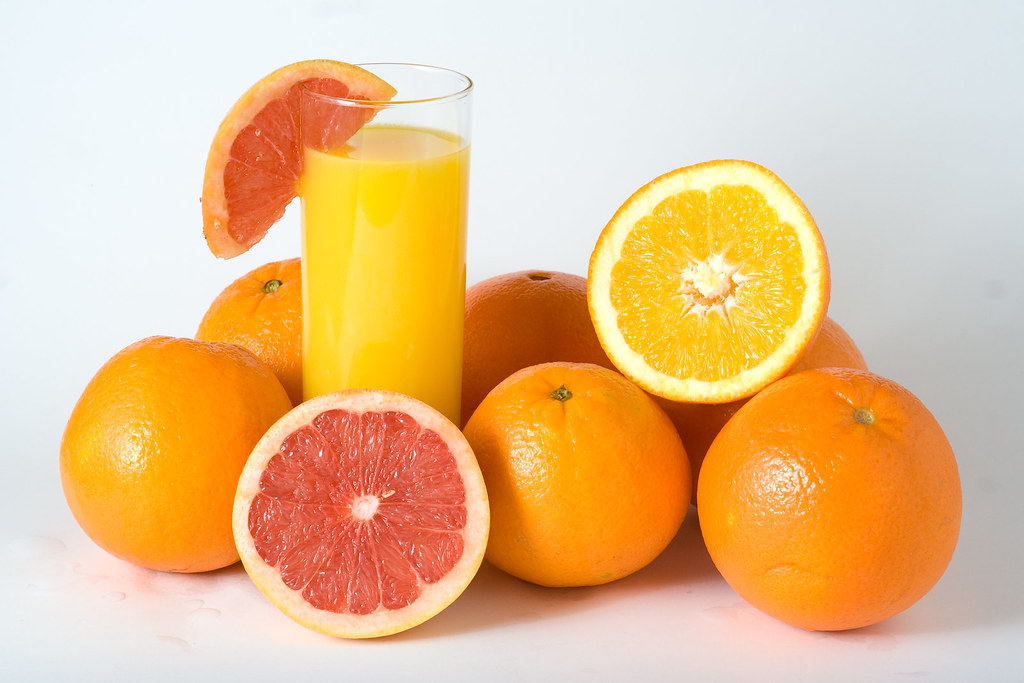
Last on our list is a good old glass of OJ. This must be store-bought, however, as freshly squeezed orange juice will not contain calcium or vitamin D. Store-bought orange juice is usually fortified with these nutrients so be sure to check the label.

